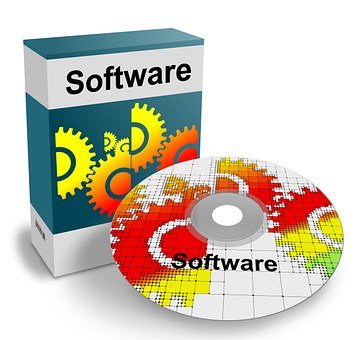CPQ software helps sales teams be more efficient, faster and better prepared to do their job. But not all CPQ solutions are equally adept at delivering these benefits.
You’ll want to select the right CPQ for your organization. To help you do your due diligence in researching the best CPQ software, here are some tips to guide your selection process.
Questions to Ask to Select the Right CPQ Software
Here are 15 questions to ask when choosing the right CPQ solution.
1. Is it affordable?
Are you choosing CPQ software that makes sense financially? Do the pricing terms fit your budget and your long-term goals.
2. Are there surprise costs?
Be aware of any fees that will be added as you start to scale. You don’t want to purchase a low-cost solution today only to pay exorbitant fees later.
3. Will it facilitate communication?
The benefit of CPQ software is that it makes complex pricing quicker, easier, and more trackable. A good CPQ solution includes guided selling to make the sales process simpler while facilitating collaboration among sales teams. Keep looking if a prospective CPQ doesn’t assist communication with your team.
4. Is it easy to use?
Look for a CPQ software platform that is easy to use. It should be easy to navigate and administer. Producing quotes, contracts, and other sales materials should be uncomplicated.
When a CPQ is easy to use, it will show in sales rep adoption. Your goal is 100% adoption across the team, and an agile CPQ software platform that is intuitive to use will hit the mark.
5. Does it improve the sales process?
Research on CPQ shows that the best software can reduce the sales cycle, increase win rates, and improve renewals; but only if your sales team uses it properly. The solution you decide upon should provide excellent support and training for each team member.
If the CPQ prevents reps from using their talents or slows them down with extensive administrative tasks, it’s the wrong solution for your company. Include team members in the demos and tutorials offered by CPQ vendors and seriously consider their feedback.
6. Does it automate the sales process?
After CPQ implementation, if your sales team will still need to work hard to produce quotes, configure solutions that solve customer needs, and set up discounts that best suit the customer, then that is not an agile solution and you need to keep looking.
Your salespeople should be able to produce the sales elements they need instantly and intuitively. That level of utility from CPQ software builds trust with customers, leading to loyalty and renewals.
7. Does it suit your needs?
Stay away from a CPQ solution that offers features your team doesn’t need. List all the capabilities your team requires and the features that will help them improve. Evaluate CPQ software based on these necessary features.
8. Is it customizable?
The software may include components and capabilities right out of the box, but can you customize the CPQ? This will be a crucial consideration as you scale.
9. Will it scale with your organization?
Ensure that the CPQ solution can scale easily as your company grows. Avoid having to purchase a newer and better CPQ solution when your organization outgrows the one you are considering.
10. Are you using the right selection criteria?
It can be a tedious process comparing and contrasting multiple solutions. You may be tempted to take shortcuts and choose the most popular CPQ solution without regard to your organization’s particular needs. However, the most popular doesn’t necessarily mean the best for you. Use the selection criteria that make the most sense for you, so you aren’t forced to rethink your decision later.
11. Does it integrate seamlessly with other sales software?
The ideal CPQ software will integrate perfectly with the other software you use, including your CRM. You want to avoid having your team use multiple pieces of software that don’t communicate with each other, which would lead to confusion, low adoption rates, and information disparities.
12. Are analytics included?
The CPQ solution you choose should provide regular data reports that allow you, as well as sales team members, to see how they are performing, what’s working, and what’s not working. This data helps salespeople improve and informs your guided selling and sales playbook.
13. Is help available?
Don’t choose a CPQ software that lacks account support. You should always be able to reach out for help when needed. Is there a dedicated account representative and a support number you can call?
14. Is the software updated regularly?
It’s imperative that your CPQ solution is updated regularly to stay in sync with user needs and eliminate bugs and glitches.
15. Is there a user community?
Is there a forum or message board where you can learn from the experiences, questions, and answers posted by other sales teams? The support of a user community will help your team improve their use of the software. You may learn about features you wouldn’t otherwise have investigated.
There is a wide variety of CPQ software on the market today, and there is much to consider when selecting the right CPQ for your sales team. Use the above questions as a guide, choose the best solution for your needs, and watch your sales team blow past their goals.


